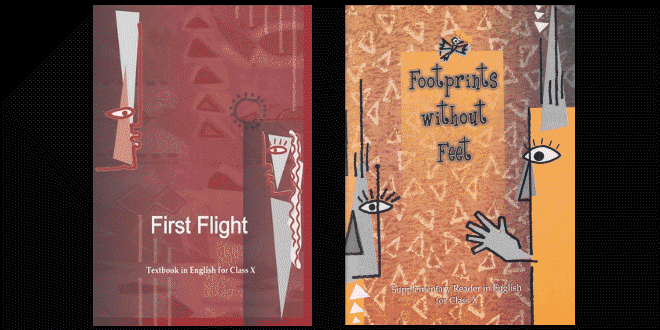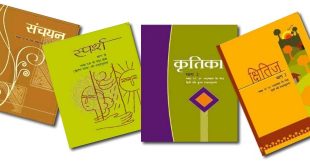The Sermon at Benares: 10th Class NCERT CBSE English ‘First Flight’ Chapter 10
Question: When her son dies, Kisa Gotami goes from house to house. What does she ask for? Does she get it? Why not?
Answer: When Kisa Gotami’s son died, she went from house to house, asking if she could get some medicine that would cure her child.
No, she did not get it because her child was dead and no medicine could have brought him back to life.
Question: Kisa Gotami again goes from house to house after she speaks with the Buddha. What does she ask for, the second time around? Does she get it? Why not?
Answer: When she met the Buddha, he asked her to get a handful of mustard seeds from a house where no one had lost a child, husband, parent, or friend. She went from house to house, but could not get the mustard seeds because there was not a single house where no one had died in the family.
Question: What does Kisa Gotami understand the second time that she failed to understand the first time? Was this what the Buddha wanted her to understand?
Answer: Kisa Gotami understood the second time that death is common to all and that she was being selfish in her grief. There was no house where some beloved had not died.
Yes, this was what the Buddha wanted her to understand.
Question: Why do you think Kisa Gotami understood this only the second time? In what way did the Buddha change her understanding?
Answer: Kisa Gotami understood that death is common to all and that she was being selfish in her grief. She understood this only the second time because it was then that she found that there was not a single house where some beloved had not died.
First time round, she was only thinking about her grief and was therefore asking for a medicine that would cure her son. When she met the Buddha, he asked her to get a handful of mustard seeds from a house where no one had died. He did this purposely to make her realize that there was not a single house where no beloved had died, and that death is natural. When she went to all the houses the second time, she felt dejected that she could not gather the mustard seeds. Then, when she sat and thought about it, she realized that the fate of men is such that they live and die. Death is common to all. This was what the Buddha had intended her to understand.
Question: How do you usually understand the idea of ‘selfishness’? Do you agree with Kisa Gotami that she was being ‘selfish in her grief’?
Answer: ‘Selfishness’ means being concerned only about one’s own interests and showing complete disregard for others welfare. Yes, it can be said that Kisa Gotami was being ‘selfish in her grief’. In the light of her tragedy, she was unable to see that death is something that strikes all things living. In this sense, she was selfish. However, for every person, his / her tragedy is something personal and it prevents him / her from looking at the tragedy from a universal or general point of view. If we take the usual sense of the word ‘selfish’, then calling Kisa Gotami selfish would be inappropriate, because every person becomes selfish in his / her grief.
Question: This text is written in an old-fashioned style, for it reports an incident more than two millennia old. Look for the following words and phrases in the text, and try to rephrase them in more current language, based on how you understand them.
- give thee medicine for thy child
- Pray tell me
- Kisa repaired to the Buddha
- there was no house but someone had died in it
- kinsmen
- Mark!
Answer:
- Give you medicine for your child
- Please tell me
- Kisa went to the Buddha
- There was no house where no one had died
- Relatives
- Listen
Question: You know that we can combine sentences using words like and, or, but, yet and then. But sometimes no such word seems appropriate. In such a case was can use a semicolon (;) or a dash (−) to combine two clauses.
She has no interest in music; I doubt she will become a singer like her mother.
The second clause here gives the speaker’s opinion on the first clause.
Here is a sentence from the text that uses semicolons to combine clauses. Break up the sentence into three simple sentences. Can you then say which has a better rhythm when you read it, the single sentence using semicolons, or the three simple sentences?
For there is not any means by which those who have been born can avoid dying; after reaching old age there is death; of such a nature are living beings.
Answer: The single sentence using semicolons has a better rhythm. This is because the three parts of the sentence are connected to each other in their meanings. The second clause gives further information on the first clause. The third clause is directly related to both the first and the second. Their meanings are better conveyed when they are joined by semicolons.
 Class Notes NCERT Solutions for CBSE Students
Class Notes NCERT Solutions for CBSE Students





